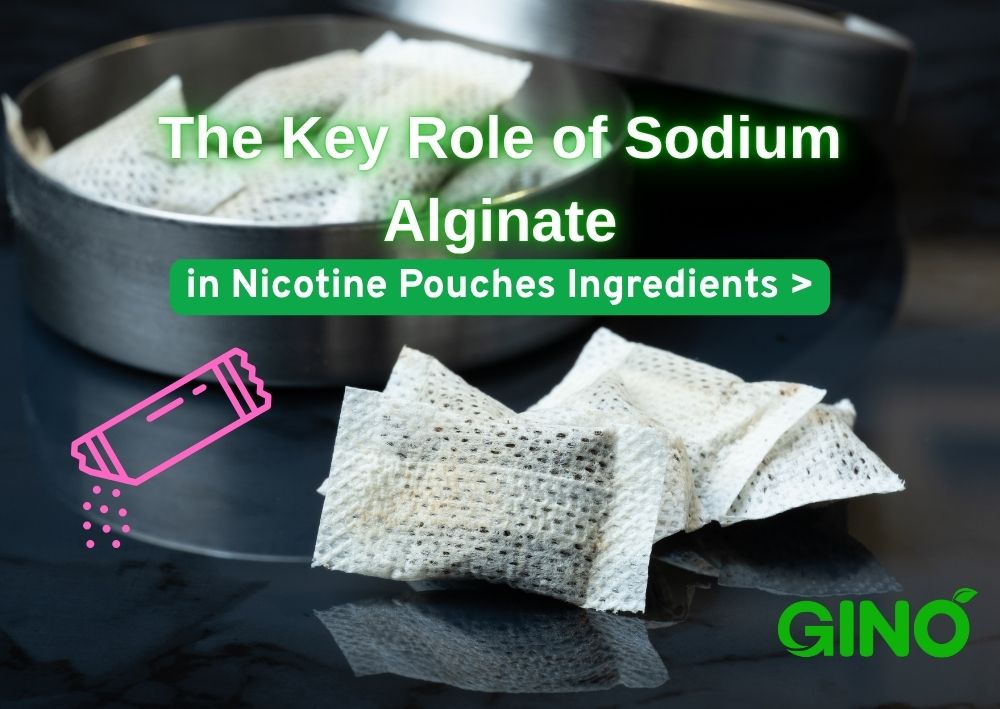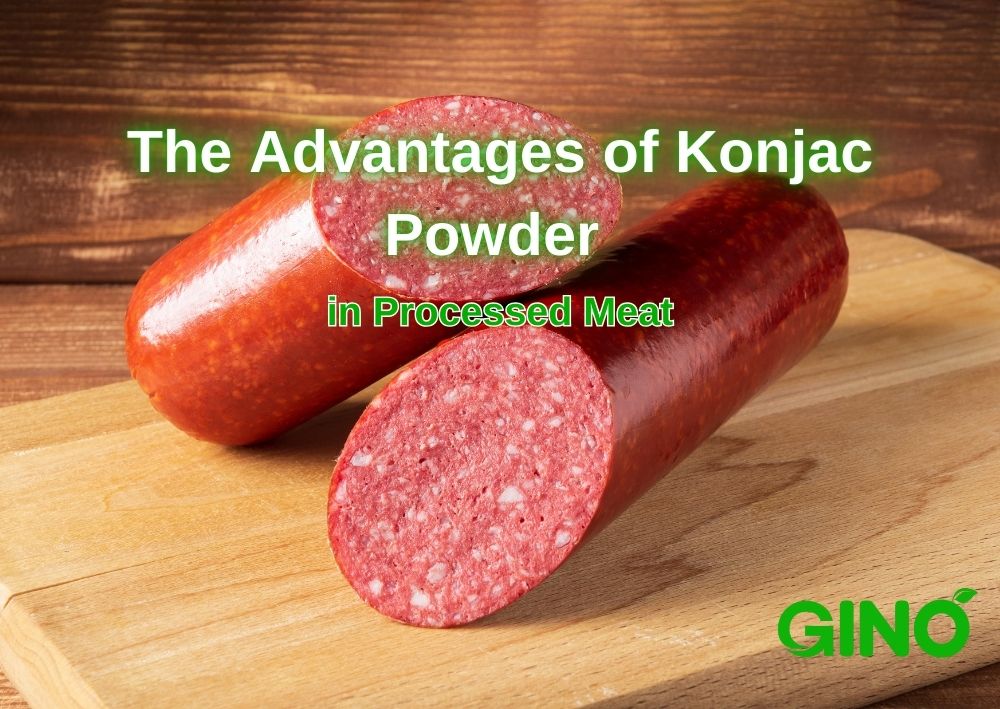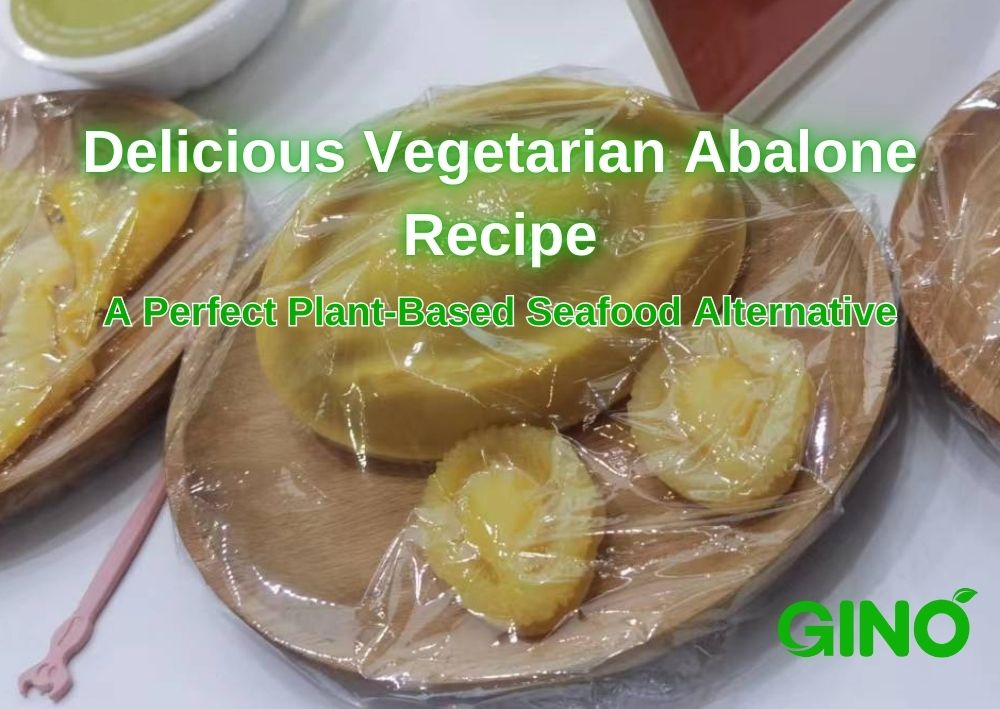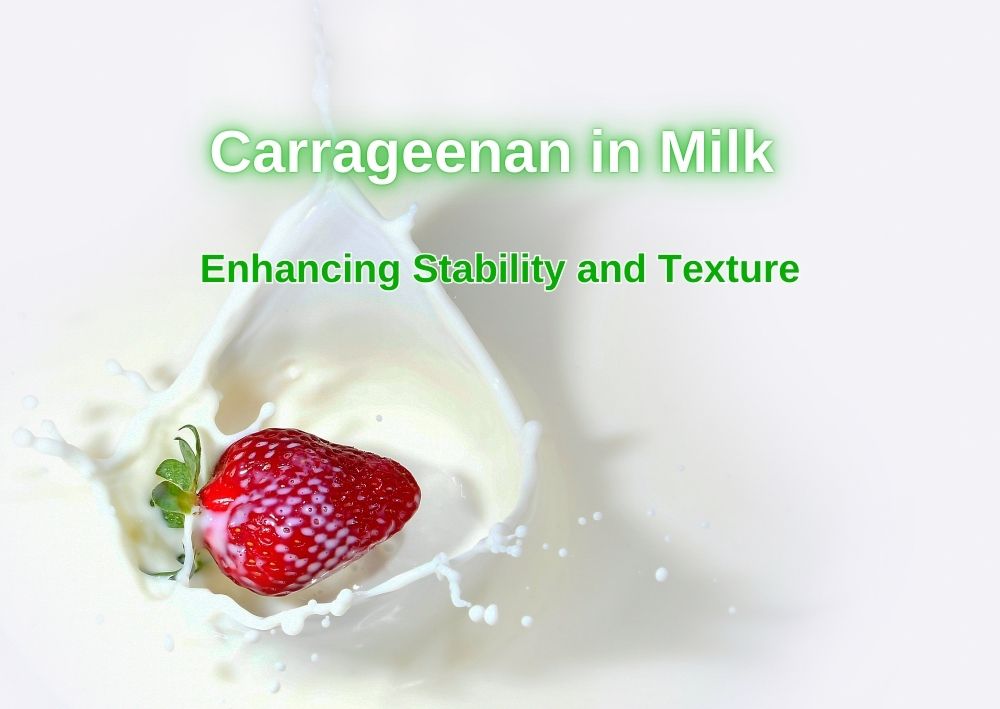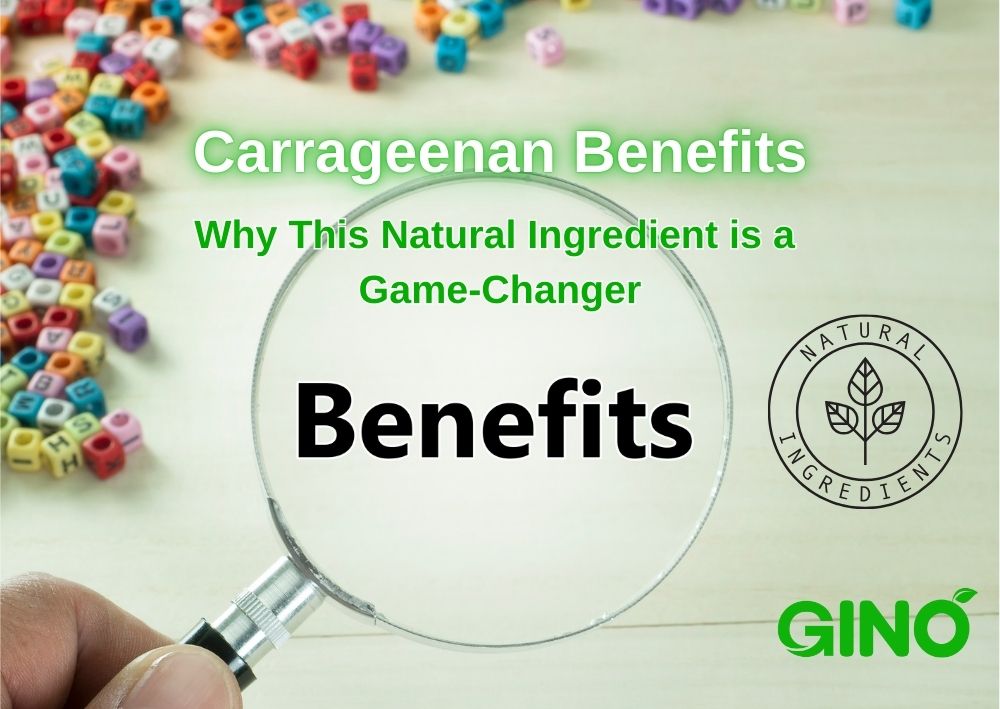
Exploring Alginate Properties: A Versatile Ingredient in Food Production
Exploring Alginate Properties
1. Introduction
Alginate, derived from brown seaweed, is a polysaccharide with exceptional properties that make it a valuable ingredient in the food industry.
Its versatility allows it to be used in a wide range of applications, from gel formation to stabilization and thickening.
This article delves into the various alginate properties and their applications in food products, highlighting why alginate is a preferred choice for food manufacturers.
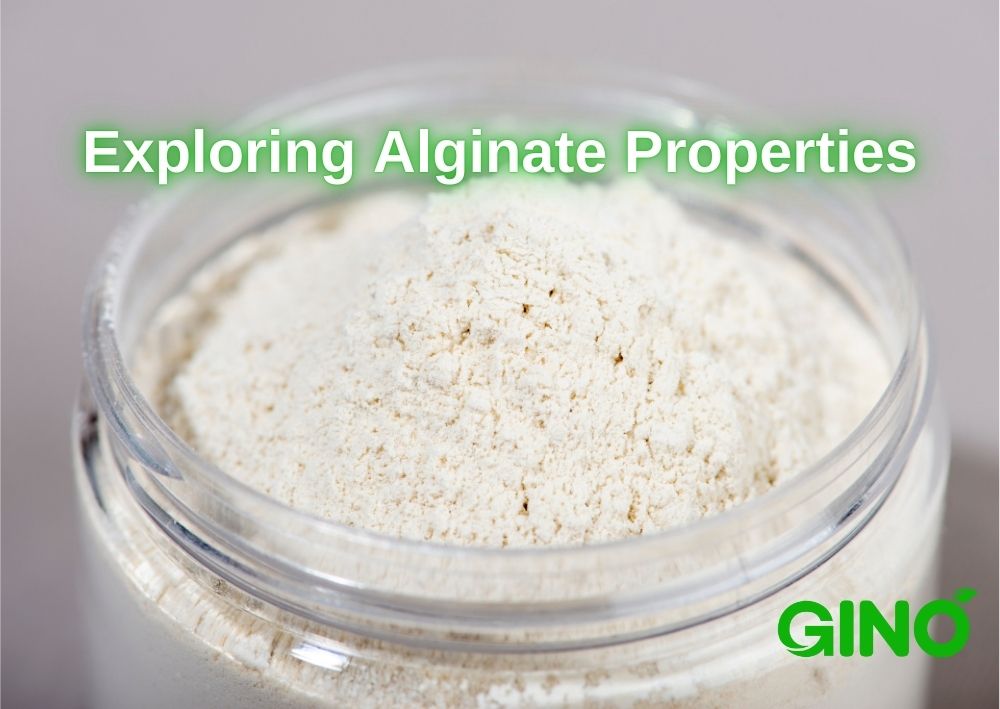
2. Gel Forming Properties
One of the standout characteristics of alginate is its ability to form gels. This property is utilized in a variety of food products:
- Pet Food: Alginate is often used to create gelled chunks in pet food, enhancing texture and palatability.
- Restructured Foods: Alginate is crucial in forming restructured fish, meat, and vegetables, providing shape and consistency.
- Puddings and Desserts: Its gelling ability allows for the creation of creamy puddings and desserts, adding a smooth texture.
- Cold Prepared Bakery Creams: Alginate provides stability and texture in bakery creams, making them suitable for various desserts.
- Fruit Preparations and Fillings: Alginate helps maintain the integrity of fruit fillings, ensuring they remain firm and flavorful.
- Mousse: Alginate's gelling properties contribute to the light and airy texture of mousses.
- Encapsulation and Bead Formation: Alginate is also used in food encapsulation, forming beads that can release flavors or nutrients in a controlled manner.
3. Thickening and Water Binding
Alginate excels in thickening and binding water, making it ideal for a variety of sauces and creams:
- Tomato Ketchup and Sauce:Alginate improves the viscosity and mouthfeel of ketchup, providing a smooth texture.
- Soups and Sauces:It enhances the thickness of soups and sauces, offering a satisfying consistency.
- Milk Shakes and Thickened Cream:Alginate is used to thicken milk shakes and creams, creating rich, indulgent products.
4. Stabilizing Properties
In addition to its thickening capabilities, alginate serves as an effective stabilizer in numerous food applications:
- Ice Cream:Alginate stabilizes ice cream, preventing ice crystal formation and ensuring a smooth texture.
- Mayonnaise and Whipped Cream:Its stabilizing properties help maintain the emulsion in mayonnaise and whipped cream.
- Low Fat Spreads and Salad Dressings:Alginate keeps low-fat products stable, enhancing their texture without added fat.
- Fruit Juices and Beverages:Alginate is used to stabilize fruit juices and beer, ensuring clarity and consistency.
5. Film Forming Capabilities
Alginate also possesses film-forming properties, which are useful for various food coatings:
- Glazes for Frozen Meat and Fish:Alginate coatings protect and enhance the appearance of frozen products.
- Film Coatings for Fresh Meats:Alginate provides a barrier that extends shelf life and improves presentation.
- Coatings for Cakes and Cookies:Alginate can be used to create appealing coatings for baked goods, enhancing texture and moisture retention.
- Vegetable Coating:It forms protective films around vegetables, helping to maintain freshness.
If you’re interested in incorporating alginate into your food products, our company offers a variety of high-quality alginate solutions tailored to your needs.
From gel forming to thickening, our alginates can elevate your recipes and meet your production requirements.
Contact us today to learn more about our alginate offerings and how they can benefit your products!
Contact us
Conclusion
The properties of alginate make it a versatile and indispensable ingredient in the food industry.
Its ability to gel, thicken, stabilize, and form films allows for a wide range of applications, from desserts and sauces to pet food and beverages.
Understanding alginate properties is crucial for food manufacturers looking to enhance product quality and consumer satisfaction.

